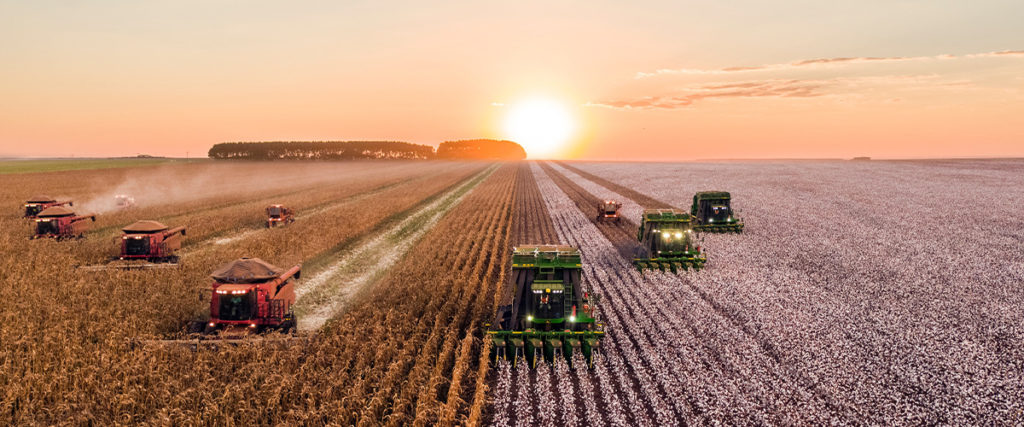With the world population projected to hit 9.8 billion in 2050, Australian agtech startup Beanstalk is tackling a globally pressing issue, driving innovation across the Asia Pacific to reinvent our future food system.
Melbourne-based agtech startup Beanstalk is nurturing a network of agricultural technology (agtech) initiatives in Australia and across Asia, paving the way for a sophisticated, sustainable and increasingly efficient farming ecosystem. A consultancy focused on trialling innovative agtech, venture building as well as advising and connecting agri startups throughout the APAC region, Beanstalk takes three main approaches: challenge-led innovation with large agri-corporates, connecting similar initiatives across major cities, and investing in high-growth startups. “We’re really passionate about building a space where agtech startups in Australia and across Asia can network, and where we can support them on their journey,” co-founder Cal Foulner explains of their search for scalable solutions to feed the world.
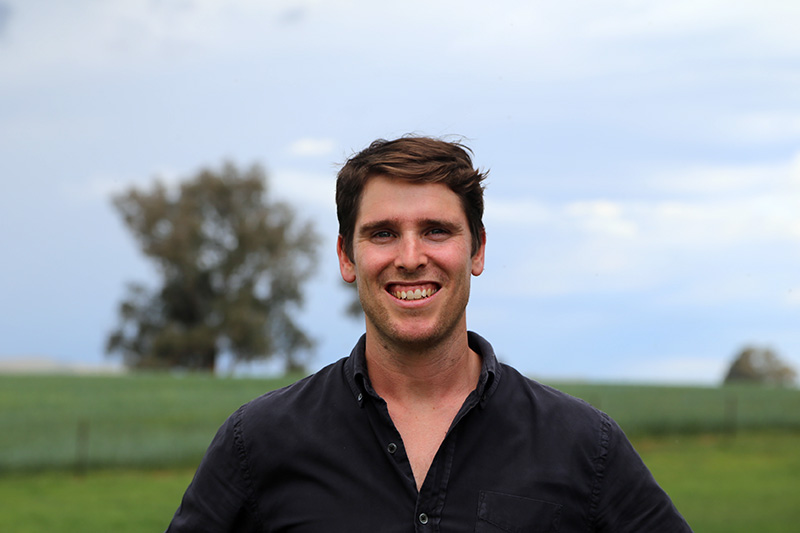
Cal Foulner, Will Taing and Rob Hulme are the three co-founders of Beanstalk, united by their passion to feed the planet. Cal first stumbled upon agtech when volunteering in Nepal in 2009. Exposed to business models operating in remote areas there, he introduced a drip-irrigation system from Israel to the region, creating a 2,000 tree organic apple orchard in Ghiling, Nepal to alleviate social problems and promote village development. The project’s technology inadvertently prompted six other villages nearby to start their own apple orchards. “So, that was my realisation that agtech is ultimately scalable and has a huge opportunity for impact,” Cal recounts.
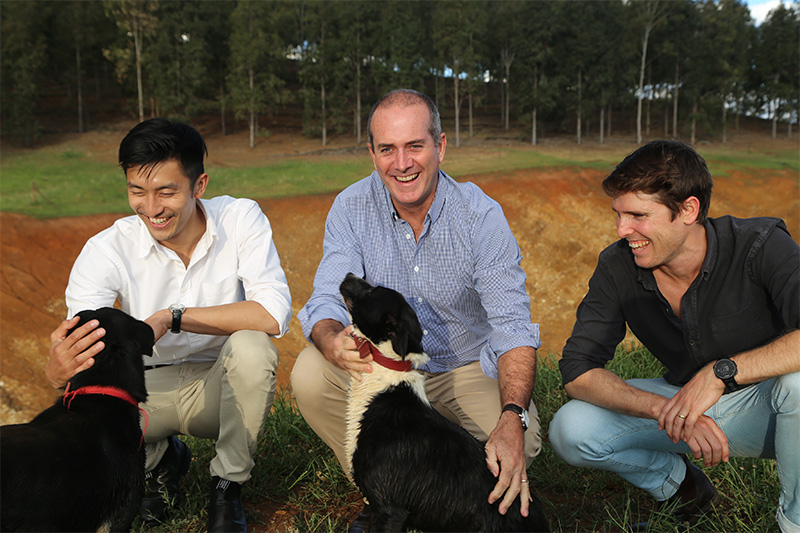
Today, over 50% of the population in the Asia Pacific region (and 6 billion people worldwide) are directly dependent on agriculture, giving Beanstalk’s work massive potential to change lives. The founders are tackling the issues from multiple fronts, collaborating with large corporate family farms for a more hands-on approach, as well as with high-growth startups that are pioneering research to change agriculture as we know it. Soil microbiome technologies and aquafarming are among the burgeoning agtech fields that Beanstalk is helping streamline. Working closely with the government in Victoria, Australia, they are offering grants to agtech startups, helping them to reach their full potential. Beanstalk is also now partnered with Australian technology hub YBF Ventures, India’s largest accelerator T Hub, Shanghai’s food tech firm Yeast Labs and many more, all with the purpose of connecting cities and expertise across continents.
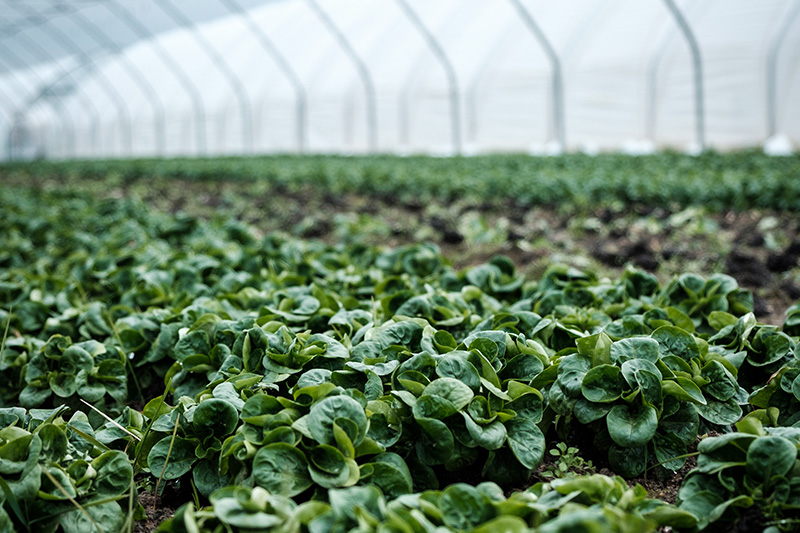
Although the agtech startup scene in the Asia Pacific has yet to match the activity in more experienced markets such as Tel Aviv and Silicon Valley in terms of the scale of innovation, Cal has faith in taking a more measured approach to success. “In agtech, the lead time to sell your product is so much longer and the sales process is so much slower. If you’re building hardware or biotech, there are huge hurdles and it takes much longer to get products to market,” he explains. Rather than adopting VC-based models as other tech verticals have done, he recommends a consumer-led – rather than a technology-led – approach.
There’s a big education price when it comes to getting businesses to engage with startups and technology initially, he says, but “it’s the top 25% of Australian farmers who are natural innovators and early adopters, and those are the ones we’re helping innovate and invest in their own businesses.” Beanstalk is also helping agtech startups avoid common pitfalls. “Lots of startup tech companies aren’t really starting with the problem. They’re building beautiful pieces of tech, but then they take it out to market, and the tech doesn’t actually fit the need,” Cal advises. “So, one of the greatest challenges for startups is to really fall in love with the problem, not the solution.”
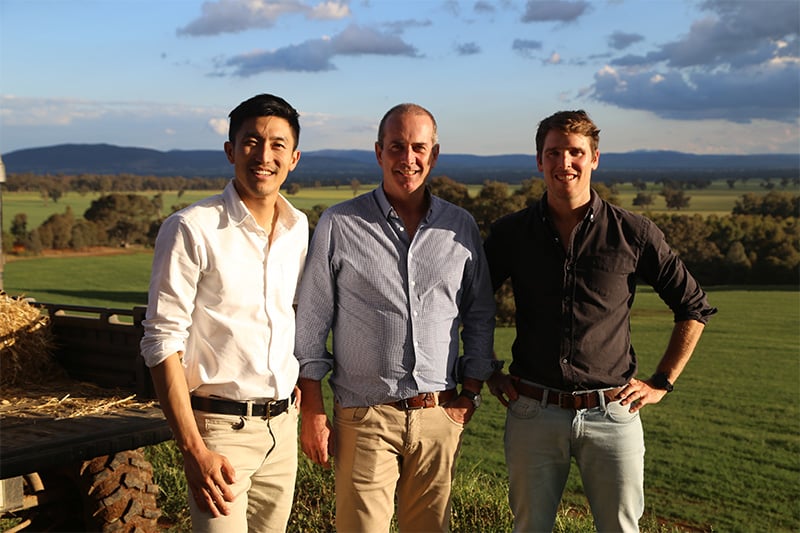
For now, Beanstalk is hurtling forward with its 3-year plan, staying true to its roots. “We’re planting lots of seeds, giving them structure, and helping them grow,” Cal explains of their mission. “At the moment, we’re working with large agri-corporates and building the structure to help startups win. Down the line, we want to move more into the space of investing in high-potential startups and helping them scale into Asia because that’s where we think the next big step in agriculture is going to happen.” Driven by a deep trust in the impact he’s making, Cal sees a future establishing environmental, social and financial sustainability in our global food supply, changing millions of lives on the way.
